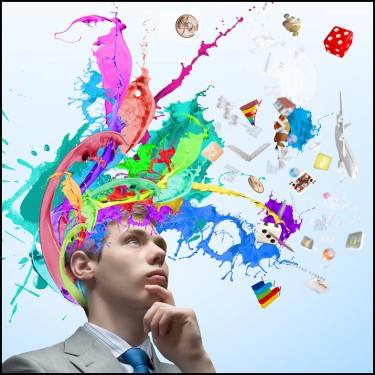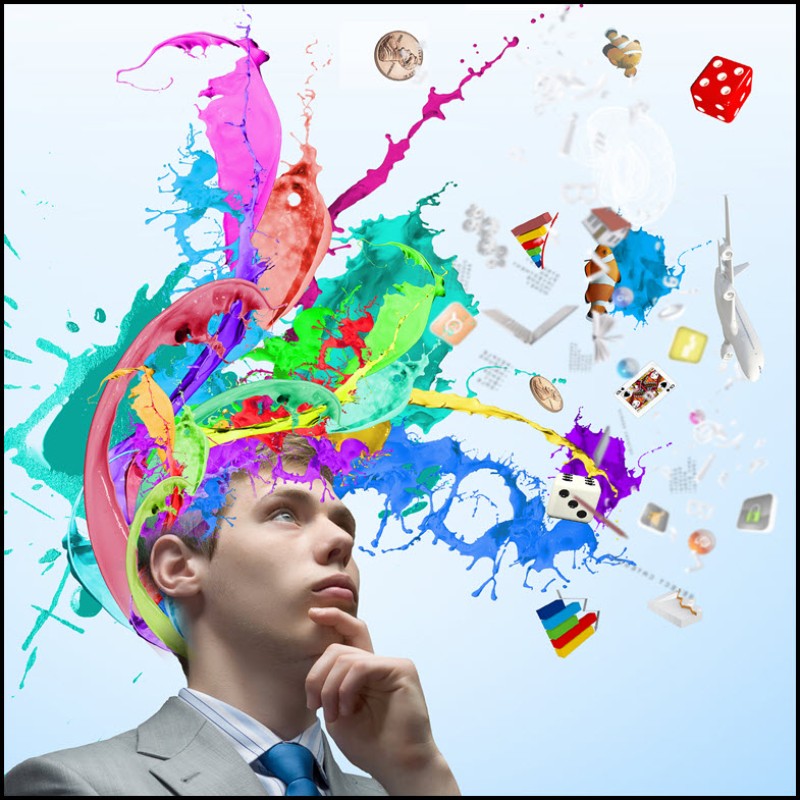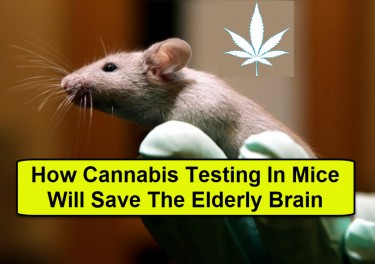
Study Reveals How Psychedelics Increases Our Capacity To Learn
A growing body of evidence, even peer-reviewed studies, demonstrates that psychedelics may be the miracle drug millions of people needed.
Psychedelic medicines, most especially psilocybin magic mushrooms, LSD, MDMA, and many more have given new hope for people who suffer from mental health problems and cognitive decline. Pharmaceutical medications have largely failed to treat many cases particularly without any side effects, which is why people around the world are looking for other safer, more effective solutions.
Thankfully, the medicines were right under our noses. Oftentimes, they were growing around us, in nature.
But now, there are studies that suggest that psychedelics can actually improve humans’ capabilities to learn. This may be key in helping us improve cognitive ability significantly by improving neuroplasticity, promoting both memory and learning.
A recent study from Johns Hopkins Medicine sheds light on a new animal study revealing that psychedelic drugs have a common ability to reopen “critical periods” within the brain. These critical periods refer to times when all mammals are more receptive to stimulus in the environment, which can have an impact on brain development. The researchers specifically found that psychedelics can actually increase the duration of this ‘critical period’ from 2 days up to four weeks by taking psychedelics just once.
For this study, the researchers specifically studied 5 psychedelic drugs: psilocybin, ketamine, MDMA, ibogaine, and LSD. These were chosen because of the many studies on these substances depicting that they have the ability to change one’s perception and promote discovery about the world or oneself.
When tested on adult mice, the researchers found that ketamine extended the critical period that promotes social reward learning for up to 48 hours, two-four weeks for LSD, MDMA, and ibogaine, and 2 weeks for psilocybin.
This is significant because mammals, humans included, rely on these critical periods to perform cognitive tasks. Examples include learning motor skills, learning a new language, or learning how to control one eye instead of both. “There is a window of time when the mammalian brain is far more susceptible and open to learning from the environment,” explains Gül Dölen, MD, PhD. “This window will close at some point, and then, the brain becomes much less open to new learning,” says Dölen, a Johns Hopkins University School of Medicine associate professor of neuroscience.
In addition, the researchers see potential for psychedelics to be used to help patients recover following certain kinds of treatment or surgery.
“Too often, after having a procedure or treatment, people go back to their chaotic, busy lives that can be overwhelming. Clinicians may want to consider the time period after a psychedelic drug dose as a time to heal and learn, much like we do for open heart surgery,” Dölen said.
Other Studies
We are only seeing the tip of the iceberg when it comes to psychedelic research on the brain. Researchers have barely begun to scratch the surface in terms of learning how we can maximize the use of psychedelics. There are so many positive studies in fact, that perhaps one day we may even begin to understand how essential psychedelics are for everyday life and not even treat it simply as medicine.
In a 2022 peer-reviewed study that appeared in Experimental Neurology, researchers from the University of Massachusetts Amherts together with investigators at the Federal University of Espirito Santo, analyzed behavioral cases on rats who were given LSD. They also studied synthetic brain organoids that were grown from real human stem cells, and utilized a neural network model.
In all animal and human studies, the researchers observed noticeable albeit small improvements in their cognitive function. They did acknowledge that since all subjects were only given mild doses, there was a need for more studies.
Neuroplasticity
Additionally, there is growing interest in how psychedelics improve neuroplasticity, which is the brain’s ability to create synaptic connections particularly related to learning. Neuroplasticity also enables neuronal structure to change or strengthen over time, and a brain’s neuroplasticity (or lack thereof) is directly correlated to our learning abilities.
Much research is focused on the brain’s hippocampus as of late; it is a well-established fact that the hippocampus is among the most cognitively flexible parts of the brain in adult humans and it plays a significant role in memory and learning, as well as other important processes.
It should be said that when human brains become more able to change its structure, most especially the parts of the brain that are responsible for learning, then it’s much easier for one to learn new things or even change behaviors. That is why neuroplasticity is so powerful: it can help bring about new habits and behaviors while enabling you to let go of old ones. It is also another reason why medical and scientific researchers have shown such an interest into psychedelics, because psychedelics has shown the ability to promote neuroplasticity – something that no other compound on earth has yet been able to do – until now.
Conclusion
There’s much more to psychedelic therapy than using it to treat depression, anxiety, or other types of mental illness. As growing research shows, psychedelics can even be used to maximize learning and creativity. We’ve barely begun to scratch the surface, and this exciting body of studies shows that we can tap into the powers of plant-based psychedelic drugs to work its magic in the human brain in more ways than one.






